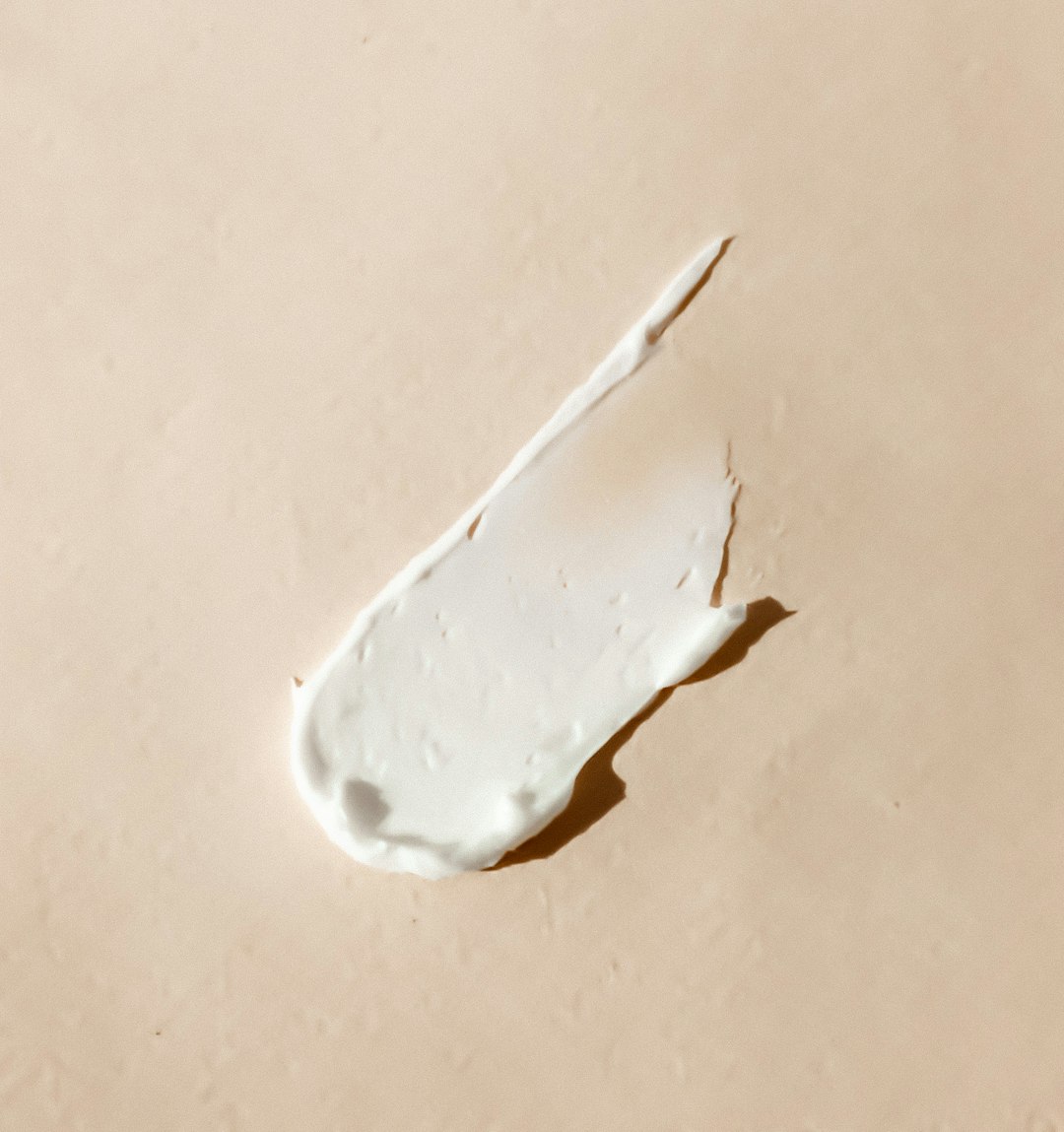All Nonfiction
- Bullying
- Books
- Academic
- Author Interviews
- Celebrity interviews
- College Articles
- College Essays
- Educator of the Year
- Heroes
- Interviews
- Memoir
- Personal Experience
- Sports
- Travel & Culture
All Opinions
- Bullying
- Current Events / Politics
- Discrimination
- Drugs / Alcohol / Smoking
- Entertainment / Celebrities
- Environment
- Love / Relationships
- Movies / Music / TV
- Pop Culture / Trends
- School / College
- Social Issues / Civics
- Spirituality / Religion
- Sports / Hobbies
All Hot Topics
- Bullying
- Community Service
- Environment
- Health
- Letters to the Editor
- Pride & Prejudice
- What Matters
- Back
Summer Guide
- Program Links
- Program Reviews
- Back
College Guide
- College Links
- College Reviews
- College Essays
- College Articles
- Back
Is our perception of beauty colonized?
It is said that beauty lies in the eyes of the beholder. As a young girl, my mother would always yell from the kitchen before I stepped outside the house, “防晒!” (sunscreen in English). I would always half-heartedly spread a squirt of sunscreen onto my face with unblended white blotches. For my mother, sunscreen was a must because she couldn’t stand my “porcelain skin” tanned by the sun, or I would be considered “dark.”
Reflecting on my childhood experiences, modern conceptions of beauty stem from colonialism and imperialism, which enforces a European ethnocentric view of beauty. Fair skin, light hair, and high cheekbones are just a few of the standards. Thus, this image of beauty is projected onto women in society, regardless of cultural background.Furthermore, this racial phenomenon flourished in America from widely-accepted race theories. Early racial theorists Christoph Meiners and Johann Blumenbach encouraged the idea of “Caucasian…being the most beautiful of the races” (Donnella). Mainstream American media also proclaimed white women the most attractive race through beauty pageants. Before 1940, according to “Rule 7,” contestants were required to be “of good health and the white race” (Gay). As a result, young women were influenced to believe that different skin complexions were unattractive and encouraged to look white to be considered beautiful.
More importantly, using “whiteness” as a standard of beauty also created a hierarchy among people of color. Even today, Colorism, the preference for lighter skin over darker skin within a racial or ethnic group, thrives and continues to disadvantage women of darker complexion, especially in Black communities. For instance, darker-skinned women have longer prison sentences than lighter-skinned women. This discrimination also starts younger as dark-skinned girls are three times more likely to be suspended from school than their light-skinned peers (Greenidge). As a result of Colorism, women are constantly changing their appearance to meet the white feminine ideal. This result is why skin-lightening products, ranging from creams, and soaps to pills, are so prevalent. The skin-lightening industry is a billion-dollar industry that profits from stigmatizing darker-skinned women everywhere, from Latin-American and Asian to African countries.
As an Asian girl, it is essential to realize the power of my natural beauty, which comes from my Chinese heritage. The cosmetic industry must also be challenged; instead, we must advocate for brands that embrace diversity. Beauty should not be based on one standard to which we must all conform.
Works Cited:
Donnella, Leah. “Is Beauty in the Eyes of the Colonizer?” NPR, NPR, 6 Feb. 2019, npr.org/sections/codeswitch/2019/02/06/685506578/is-beauty-in-the-eyes-of-the-colonizer?t=1655369719430.
Gay, Roxane. “Fifty Years Ago, Protesters Took on the Miss America Pageant and Electrified the Feminist Movement.” Smithsonian.com, Smithsonian Institution, 1 Jan. 2018, smithsonianmag.com/history/fifty-years-ago-protestors-took-on-miss-america-pageant-electrified-feminist-movement-180967504/.
Greenidge, Kaitlyn. “Why Black People Discriminate among Ourselves: The Toxic Legacy of Colorism.” The Guardian, Guardian News and Media, 9 Apr. 2019, theguardian.com/lifeandstyle/2019/apr/09/colorism-racism-why-black-people-discriminate-among-ourselves.
Similar Articles
JOIN THE DISCUSSION
This article has 0 comments.

